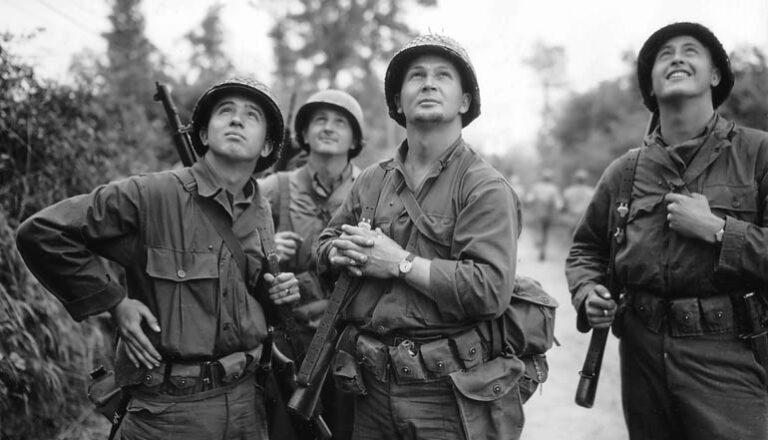Beyond War: Jorge Argueta’s Poetic Memoir and Moving Beyond Displacement
Jorge Argueta’s Flesh Wounds: A Poetic Memoir (Arte Público Press) opens with the first lines of poetry Argueta remembers writing, produced when he was a teenager in El Salvador just before the country’s Civil War began:
Loneliness are you for now or forever
I don’t know
But here you are, within the four walls
Of this small room I feel you
Silence sadness nostalgia loneliness.
Argueta chides himself for being overly dramatic, but marvels at the lasting power of these lines in his memory. With the trauma of El Salvador’s Civil War behind him, Argueta writes, “I guess in this wonderful, violent world, anything that has lasted over forty years can be considered old.”
Many of the young men, between the ages of twelve and sixteen, who fought and died in the war never got close to that age, and in this vein Argueta poignantly remembers the day the war caught him in his own youth: not in a wave of bullets, but on the tongue of a friend, Chepe Labios, who tells Argueta, “Listen, Koki, I am organizing in the revolution and I want you to be with us too . . . the rich are screwing us over.”
“Sure,” says Argueta to be friendly, as if it were all a game, as if revolution were like a good evening out—you in or out?
What I love about this book, which is hands down the best memoir I’ve read in 2017, is this kind of nuanced perspective on the Salvadoran Civil War rooted in youth that complicates the polemics and reasons that have commonly been written about why and how Salvadorans went to war, though, of course, that history is the context of this memoir too.
The war, which officially lasted twelve years between October 1979 and January 1992, claimed more than seventy thousand dead and between eight thousand and nine thousand estimated disappeared. A major Cold War proxy fight between the United States and the Soviet Union, arms and money flooded into both the Salvadoran government and the leftist Farabundo Martí National Liberation Front (FMLN) respectively. Many saw the fight as an extension (if only in sentiment) of the 1932 Salvadoran Peasant Massacre, in which the military brutally murdered between ten thousand and forty thousand indigenous peasants who rebelled against social inequality and the landed aristocracy of El Salvador’s heavily agrarian society. Between 1979 and 1992, its estimated that over half a million Salvadorans were internally misplaced within the country and another half million left El Salvador forever, including Argueta.
As with other non-fictional accounts and ruminations on the Salvadoran Civil War, Argueta is not afraid to look the violence and trauma of the war in the eye. We get this in poems like, “Ode to Tomás Quintero” or “Don’t be afraid, Teacher.” But unlike other work within the canon, that trauma is not the main course of Argueta’s memoir. The book’s hybrid form complicates the canon away from simple binaries (winners/losers; rich/poor; alive/dead) by giving nuance to the roots of Argueta’s despair—his fear of harming his family by association to the revolution as well as his fear of never seeing them again—and expounding upon what other narratives have yet to give serious credence to: not the disappeared, not the dead, but the displaced.
What happens to the people who might die if they were to stay in their country at war? What happens to the people who can no longer go home? Where do they go next? What redemption is left for them?
As much as Argueta’s memoir is about war, it’s also about the dignity of moving on, of discovering one’s potential, of finding solace as a refugee.
Flesh Wounds: A Poetic Memoir strikes me as particularly poignant in the new American era in which anti-refugee settlement, xenophobia, and militarized borders are core to the new administration’s moral fabric. Beyond thinking of the talent we’re sealing out of the country, Argueta’s book also reminds us of the lives or deaths we’re sentencing undocumented people to as ICE increasingly widens the scope on their deportation orders to places in Central America. This seems draconian when taking into consideration the fact that we, Americans, largely put in place that oligarchical system that lead to the Salvadoran Civil War and subsequent instability within the country.
Argueta’s book cuts like a bell’s toll through the noise of today’s political rhetoric: you can’t destabilize and exploit a person’s country without expecting that person to come to your door for refuge. Likewise, you can’t blame the refugee for mining out their own sliver of hope.


